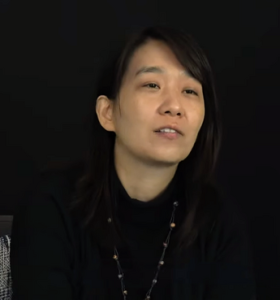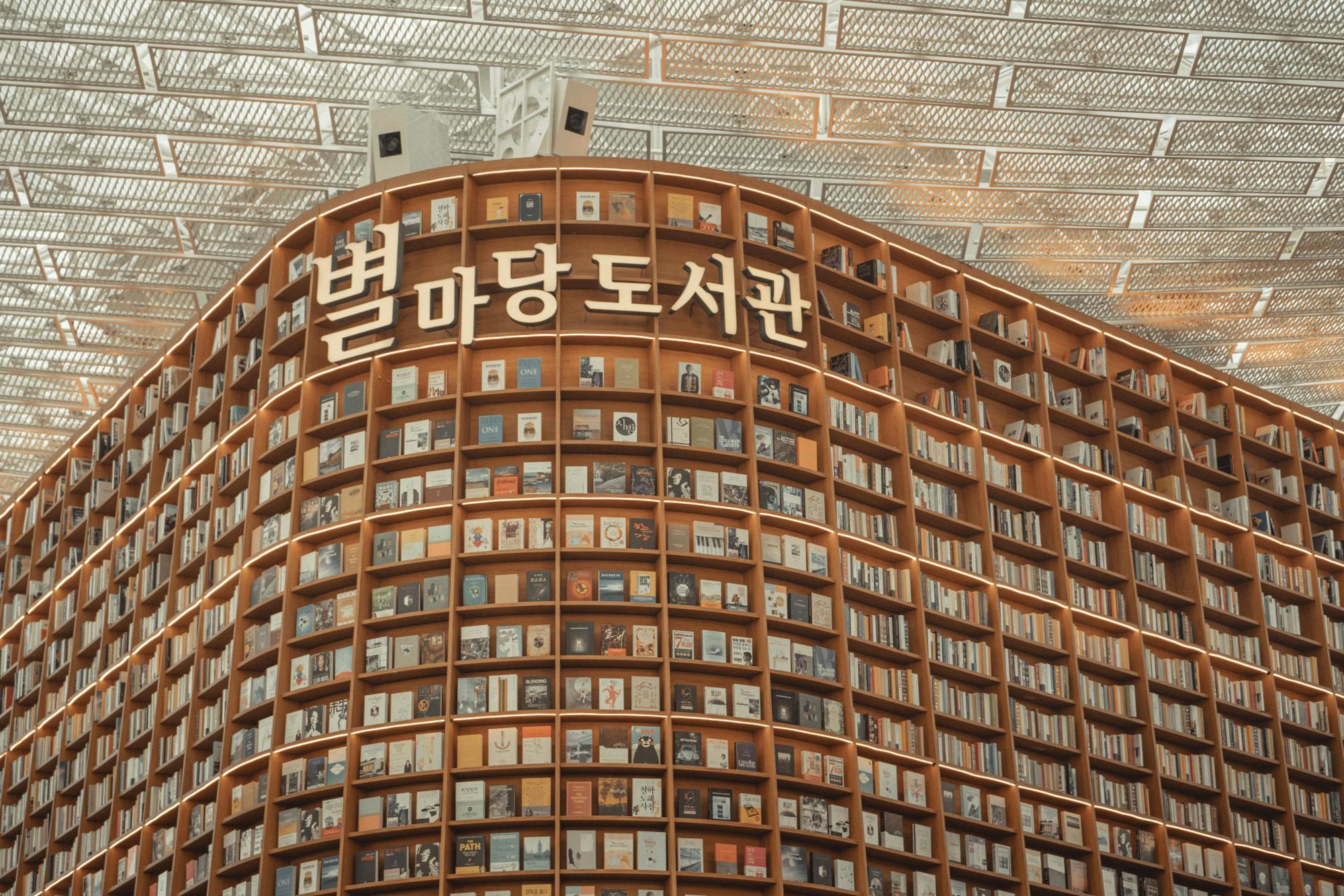South Korean writer Han Kang was awarded the 2024 Nobel Prize in Literature on October 10 for her “intense poetic prose that confronts historical traumas and exposes the fragility of human life,” according to CNN. The prestigious prize marks South Korea’s second Nobel Prize, following President Kim Dae Jung’s 2000 Nobel Peace Prize.
Han’s work mainly revolves around colonial violence, often featuring experimental stories that discover the inherent human trauma and violence all while incorporating it into South Korea’s modern history. “You converted the painful wounds of our modern history into great literature,” South Korean President Yoon Suk Yeol commented on Han’s achievement, according to AP News.
Han’s works were greatly influenced by her experience being raised under a tumultuous period in South Korean history. At 9 years old, Han’s family relocated to Seoul just before the Gwangju uprising—a pivotal moment in South Korea’s struggle for democracy. Student-led demonstrations were held in response to the coup d’état and government troops fired into a group of pro-democracy protesters, killing 191 people. This event shaped Han’s understanding of the world from a young age. During an interview with The New York Times, she also spoke of being moved after witnessing people lining up for blood donations.
“It was like two unsolvable riddles imprinted on my mind,” Han told The Times. “How can humans be so violent, and how can humans be so sublime?”

Han started her writing career with a group of poems in a magazine while studying literature at Yonsei University. She then started writing short story collections and eventually created the novels that she is now acclaimed for, with the most famous being The Vegetarian—a surrealistic novel that was the principal piece that led to her reception of the award. The Vegetarian was “one of her first books to be translated into English, winning the Man Booker International Prize in 2016,” according to The Times. The book was about a woman’s resolve to live in a plant-like state after facing the cruelties of the world, yearning to become a tree that only absorbs sunlight.
Han’s Nobel Prize has been congratulated by individuals all around the world, with novelist Hernan Diaz commenting on her craft: “[Han can] access the traumas that have shaped and bruised entire generations, and she does so without ever turning her novels into didactical tools.”
However, despite her current success, Han’s books were initially censored by various organizations in South Korea. The Vegetarian was viewed as bizarre and thus, was slow to venture into the global market. Brother Anthony, a British scholar and translator, pointed out that Han’s works were hard to read, as they grappled with themes that may not resonate with all readers.
The prize, as stipulated by Sweden, comes with a monetary award of $1.1 million, according to TIME. Han received the phone call regarding her award after she finished dinner with her son in the evening on an ordinary day. “I’m so surprised and honored […] I can say I grew up with Korean literature, which I feel very close to. So I hope this news is nice for Korean literature readers, my friends [and] writers,” Han told the Nobel Prize Museum.
In an international gesture of respect and modesty, Han declined to have a press conference or celebrate her award. This act serves as a tribute to the Russia-Ukraine war and the Israel-Palestine conflict.
“[Han] told me, ‘With the war intensifying and people being carried out dead every day, how can we have a celebration or a press conference?’” Han’s father, writer Han Seung-won, told the Korea Times. Han’s decision to stay clear-headed reflects her own works of literature that emphasize the fragility of human life.
Han’s accomplishment marks a significant milestone in the rapidly spreading influence of South Korean culture. In recent years, its popularity has been led by Squid Game, Parasite, and numerous K-Pop groups. As the news of Han’s newest accolade spread throughout South Korea, online bookstores encountered a surge of traffic on their websites, reflecting the global and domestic interest in Korean literature due to Han’s accomplishment. Even government negotiations were paused as officials praised Han’s award, as stated by The Diplomat. The award ceremony will take place in Stockholm on December 10, the anniversary of Alfred Nobel’s death.








